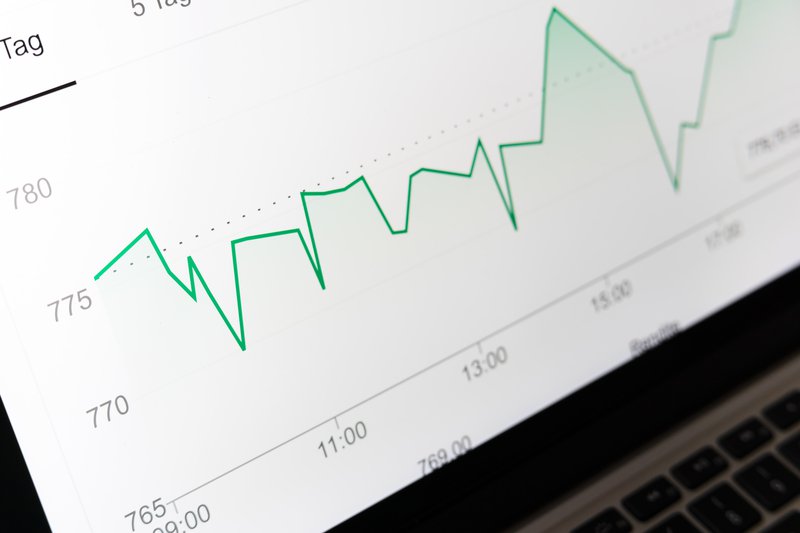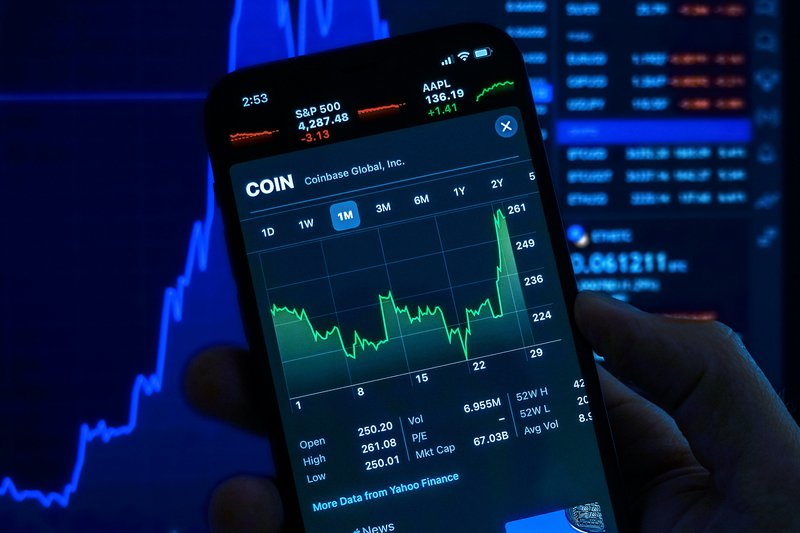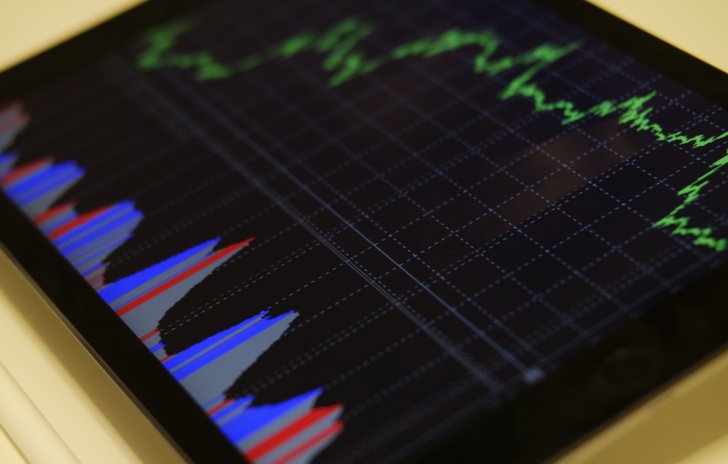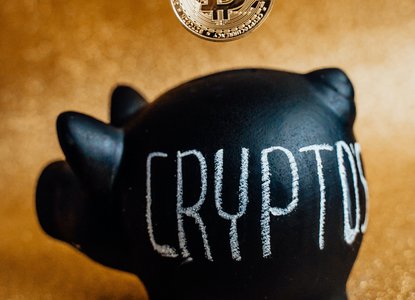Why should you start thinking about making an investment?
Mr MoneyJar, or Timi Merriman-Johnson, is an award-winning financial content creator, podcaster, author and founder of Mr MoneyJar, a UK-based financial education company. He offers accessible, practical financial guidance to help young people make informed financial decisions.
Here, let him convince you that investing your money could be a worthwhile thing to do with your extra cash.
Read through Mr Money Jar's tips in the interview below then have a going at our investment quiz!
Mr Money Jar discusses making investments

What's the best way to start investing?
If you're a complete novice, the best thing you can do is learn as much as you can. This could be by reading online articles and books, watching YouTube videos and checking out content creators (there are too many to name!) that are doing brilliant stuff to help familiarise people with the world of investing. The best content creators won't share advice or tell you to invest lots of money in a scheme - they'll let you know about their own personal experience and focus on how-to guidance. If it seems too good to be true, it probably is.
When I first started getting into investing, I got addicted to watching Warren Buffet's interviews with Becky Quick on CNBC. Warren Buffet is a one of the world's most famous investors, who shares down-to-earth investment advice so it's definitely worth a watch.
If you're already raring to go, you could sign up to practice investment platforms, offered by sites such as Trading 212, where you can invest in stocks and shares with what is, essentially, fake money.
How much money do you need to start investing?
You can invest in either lump sums or on a monthly basis. For a lump sum investment, you could begin with as little as £1, which might appeal you don't have a regular income.
To start a monthly investment you sign up with a direct debit and put away anything from £25 a month. This way of investing is very popular due to pound-cost averaging, which means that rather than irrationally checking the markets every day, you know that on the same day every month an average amount will be invested for you.
If you don't own your own home yet, would you still think about investing or buy a house first?
It depends on your life goals and objectives. If you want to buy your own property one day then it makes sense to save up for a deposit. In the UK you can set up a Lifetime ISA in which you can save up to £4,000 per tax year and receive a tax bonus of 25%. You need to be aged between 18 and 39 to open one and you can add that £4,000 to it every year until your 50th Birthday. £4,000 a year works out at £333 a month, so you could use any surplus saving to invest elsewhere, but you might want to priotise buying your house.
Investing can be quite volatile, and the last thing you or your mortgage lender wants is for your precious deposit to be going up and down. Think carefully, because ideally you should be keeping this lump sum as stable as possible.

How do you physically invest in something?
Many high street banks offer investment services, but it's investment banking platforms that have really taken off in recent years. An investment banking platform is a website or app which allows you to invest in stocks and shares, ETFs (exchange-traded funds) and bonds. You can nominate a bank account for the money to be sent from and any gains you make will be taxed through either income or capital gains tax. With a stocks and shares ISA, you can invest up to £20,000 and anything you gain is yours to keep.
It's also possible to invest in stocks and shares with a company directly, but this is a lot less common.
Can you lose money if you invest?
It's important to say that no investment is 100% risk-free. It's also worth establishing the difference between losing money and the value of your investment going down. The stock market is a collection of people buying or selling things, so the value of your investment can fluctuate. If you own a stock or a fund that holds a dividend (a distribution of profits by a corporation to its shareholders), then you are paid for having that investment.
When people do lose money, it's typically through trying to buy low and sell high. No one can predict what the market will do, so it's better to invest in a regular way.
What sort of money can you make through investing?
The stock market grows, on average, 7% every year. That means that if you invest £1, you'll make 7p. In the second year you'll be making money on £1.07, and eventually, in about 10 years, you could double your money.
In the long term, investing can produce financial independence, as it has done for lots of people. There's a group in the UK called ISA Millionaires who have earned seven-figure sums through investing, which can then be passed on to their kids for them to grow too. The longer you hold an investment, the easier it is for this compoundng effect to take hold and the bigger the sum you can build up.

What is an IPO?
A company is a legal entity with stocks and shareholder and can be either publicly or privately owned. If it's a private company, then it's shareholders are those who set up the company.
Once a company reaches a certain size, it might put forward an initial public offering or IPO to make its shares available to the public at a certain price. This money will be put into a business and enable it to continue to run. People will only want to invest in a company if they think it will bring in profits, so there's an obligation to the shareholders for it to perform well.
IPOs can be very volatile and the value you invest could decrease and never recover. It's important to know what you're doing and recognise that the company itself will make money from your investment, no matter what happens.
How can you find out if an investment banking platform can be trusted?
Firstly, make sure you use platforms that are regulated by the Financial Conduct Authority. You can usually find this out from the site's About section or in the footer at the bottom of the page. You can also search the FCA register for the name of the company to see if they come up. This will tell you if the UK's financial regulator has said that this company is fit to offer investment services.
Secondly, when you open an account you should be looking out for FSCS protection, which stands for Financial Services Compensation Scheme. It's a form of insurance that means that up to £85,000 of the funds you invest are protected should the company go bust. Without it, you won't get your money back if the company fails.
There are certain accounts that do not have FSCS protection, so it doesn't mean that without it a platform can't be trusted. With peer-to-peer lending for example, you are on your own.




